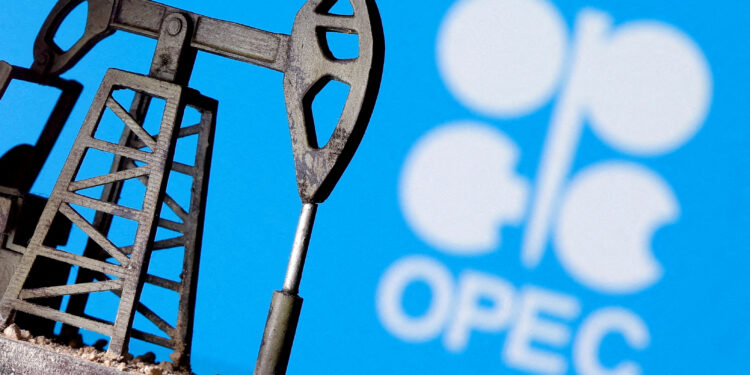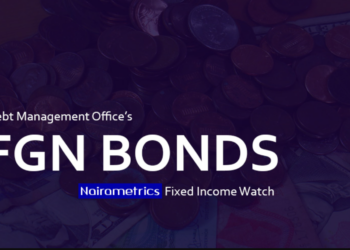The Organisation of the Petroleum Exporting Countries and its allies (OPEC+) has announced plans to pause further oil output increases during the first quarter (Q1) of 2026, following a modest production hike scheduled for December 2025.
In a statement released on its official website after a virtual ministerial meeting held on Sunday, the alliance, comprising major oil producers such as Saudi Arabia, Russia, Iraq, the United Arab Emirates, Kuwait, Kazakhstan, Algeria, and Oman, confirmed that it will raise production by 137,000 barrels per day (bpd) in December.
This increment, according to the statement, aligns with earlier planned hikes for October and November.
The group said the decision reflects expectations of a seasonal slowdown in oil demand, which normally weakens in the first quarter, noting that the pause also comes during a period of uncertainty for oil traders.
“The eight participating countries reiterated that the 1.65 million barrels per day may be returned in part or in full subject to evolving market conditions and in a gradual manner,” the statement reads.
“The countries will continue to closely monitor and assess market conditions, and in their continuous efforts to support market stability, they reaffirmed the importance of adopting a cautious approach and retaining full flexibility to continue pausing or reverse the additional voluntary production adjustments, including the previously implemented voluntary adjustments of the 2.2 million barrels per day announced in November 2023.”
Background and Market Context
OPEC+ has gradually increased oil production throughout 2025, following what it described as “healthy market fundamentals” and a drawdown in global oil inventories.
On March 4, OPEC+ decided to proceed with a planned output increase in April, its first major decision since 2022, amid renewed calls from U.S. President Donald Trump for OPEC and Saudi Arabia to lower oil prices.
On October 5, the group agreed to implement another production hike of 137,000 bpd beginning in November 2025, a move it said was aimed at maintaining market stability amid steady global growth and low oil inventories.
OPEC+ had said the adjustment would be drawn from the 1.65 million bpd voluntary production cut announced in April 2023.
What this means for Nigeria
OPEC+’s decision to pause oil output increases in the first quarter of 2026 carries both strategic opportunities and economic challenges for Nigeria, Africa’s largest crude producer and a key OPEC member.
First, the decision to pause output hikes is primarily aimed at preventing an oversupply in the global oil market, which could lead to price declines.
- For Nigeria, this restraint may help keep Brent crude prices within a stable range. Since oil remains Nigeria’s main export and a major source of government revenue, stable prices will support the federal budget, foreign exchange earnings, and external reserves, especially as the country works to strengthen the naira.
Second, while price stability is beneficial, the production pause could limit Nigeria’s output capacity if the OPEC+ quota system remains rigid.
- Nigeria has struggled in recent years to meet its assigned OPEC quotas due to pipeline vandalism, theft, and underinvestment in upstream infrastructure. A production cap may restrict Nigeria’s ability to ramp up output even if its technical capacity improves, thus constraining revenue growth potential in early 2026.
With no significant increase in output expected during Q1 2026, Nigeria’s economic planners may need to rely more heavily on fiscal and structural reforms, such as diversifying revenue sources, boosting local refining, and improving tax efficiency, to sustain growth.
The Federal Government and the Nigerian National Petroleum Company Limited (NNPC Ltd) will likely intensify efforts to enhance local production efficiency and address crude theft to make the most of existing output levels.
A stable oil market environment could benefit local refiners, particularly the Dangote Petroleum Refinery, which is ramping up operations and is expected to meet a large share of domestic fuel demand. With steady prices and no sudden production shocks, local refiners can plan crude feedstock purchases more efficiently, supporting the government’s broader goal of reducing fuel import dependence and strengthening the downstream sector.
Sustained oil prices mean steady FX inflows for Nigeria, providing more stability to the foreign exchange market and strengthening investor confidence. This could help the Central Bank of Nigeria (CBN) manage reserves and exchange rate volatility more effectively, continuing the positive trajectory seen since September 2025.





















